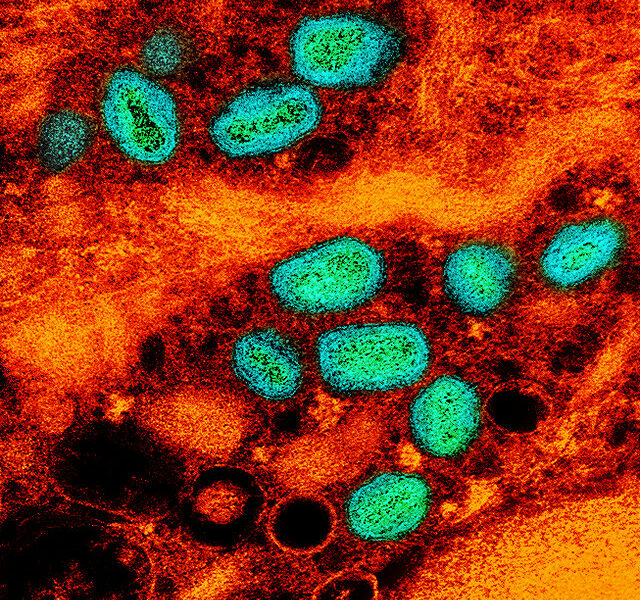Escalating violence in Myanmar has caused over 800,000 Rohingya to come to Bangladesh as refugees since August 2017, the majority of which are residing in Cox’s Bazar [1]. The Rohingya people are a stateless Muslim-minority group that has been persecuted by Myanmar for many years. On August 25, 2017, Rohingya militants attacked police posts in Myanmar, which led to the death of 12 members of the security force. In response, there was a military crackdown on insurgents, placing many Rohingya people in great danger. The arrival of so many Rohingya people (mainly women and children), has made this the fastest growing refugee crisis in the world [1].
Overcrowded conditions in Cox’s Bazar have led to a resurgence of diphtheria, a disease that had been nearly eradicated in Bangladesh, beginning in November 2017. As of December 26, 2017, 2,526 suspected cases of diphtheria had been reported, with 27 deaths resulting from the outbreak. The Rohingya refugees are suffering from malnutrition, low routine immunization coverage, and poor access to clean water and sanitation facilities, which can lead to an increased susceptibility of infections such as diphtheria [3].
Diphtheria is caused by the Corynebacterium diphtheriae bacterium. It is highly contagious and spreads person-to-person, generally through respiratory droplets. A person can also become infected after coming in contact with an object that has the bacterium present. If the bacterium enters the respiratory system, it releases a toxin that causes weakness, sore throat, fever, and swollen lymph nodes. If the toxin enters the bloodstream it can cause kidney, heart or nerve damage. Diphtheria transmission can be prevented through vaccination, and infection can be treated with diphtheria antitoxin (DAT) and/or antibiotics [4].
As the outbreak continues, the World Health Organization, UNICEF, and other partners are working with the Bangladesh Ministry of Health to ensure that more than 475,000 children in the Rohingya refugee camps, and surrounding areas are vaccinated [5]. Over 11,000 aid workers have been vaccinated across agencies. In addition, treatment protocols for DAT use are being implemented [3].
HealthMap has tracked several ProMED alerts about the ongoing outbreak. Additionally, an Epicore* Request For Information (RFI) has been sent to community health officials in the area to verify information on this outbreak. With the high rate of transmission of diphtheria, vaccination should continue to be emphasized and scaled up to effectively curb the outbreak.
*EpiCore is an innovative surveillance system that detects and confirms outbreaks more quickly than traditional sources so communities can better respond to an epidemic. It operates by linking a worldwide member network of health experts through a secure online reporting platform. Partners include Skoll Global Threats Funds, HealthMap, ProMED-mail of the International Society for Infectious Diseases, and TEPHINET.
[1] https://www.unocha.org/rohingya-refugee-crisis
[2] http://www.bbc.com/news/world-asia-41082689
[3] http://www.searo.who.int/bangladesh/bancxbdiphtheriaresponseupdate2271217.pdf
[4] https://www.cdc.gov/diphtheria/about/causes-transmission.html
[5] http://www.searo.who.int/bangladesh/en/

